Want to hear more from the actors and creators of your favorite shows and films? Subscribe to The Cinema Spot on YouTube for all of our upcoming interviews!
Managing editor & film and television critic with a Bachelor's of Arts in English Literature with a Writing Minor from the University of Guam. Currently in graduate school completing a Master's in English Literature.
Much like the COVID-19 pandemic, Watchmen series creator Damon Lindelof and the writing staff — as well as Regina King — remind us about the protective risks when donning masks.
The documentary begins with the concept of using masks. On the one hand, it’s terrifying because no one can distinguish whether the person wearing one is good or bad. Supervising Producer Christal Henry says, “[A mask] emboldens. It just instantly makes a person more aggressive in its security, to a sense.” Series creator Damon Lindelof adds that masks can both reveal and hide an individual, providing a level of anonymity to that person. Psychologically, it is said you can behave however you want to and it does not have to be how you act when not wearing a mask. The series creator continues, “We repress anger, we repress rage, we repress catharsis. The mask is a way of containing … and releasing all those things.”
Angela Abar/ Sister Night actress Regina King brings into the discussion the Greenwood District of Tulsa, Oklahoma, which was referred to as “Black Wall Street” before being burnt to the ground during the horrific massacre of 1921.
The original comic book run of Watchmen is the way it is because of the events that occurred. Executive Story Editor Cord Jefferson discusses the historicity of the end of the Cold War era, which involved pressing matters such as nuclear conflict and battles with Russia. The show’s writers room — Lindelof included — wanted to address what is (or has been) going on in the world today: racial tensions and racism.
Supervising Producer Lila Byock says that in the 1986 to 1987 run of the comic, “Masks were sort of a symbol of antiauthoritarianism. They belonged to these countercultural elements who were trying to hide in the shadows and subvert mainstream authority.” The 1960s and ’70s of the comic’s universe going individuals in masks going “from being heroes to being highly suspicious,” and in Alan Moore’s story, its American federal government illegalized mask-wearing and vigilantism; however, last year’s season of Watchmen showed that this ban had been lifted by a passed law — the Defense of Police Act (DOPA) — for the nation’s police officers to don masks. What is terrifying about passing this law is that the government and its members (i.e. the police) have become vigilantes, and no one will identify who is under the mask.
Henry says Redfordations was a law passed as a form of reparations for survivors who suffered from the massacre, but groups of people — that is, the Seventh Kavalry — felt left out in getting a piece of the pie. The white supremacists of the series aim to revert back America’s previous way of life, where the oppressed were not fortunate. Story Editor Jeff Jensen says they try to accomplish this by “appropriat[ing] the mask of Rorschach to kind of prosecute their complaints with liberal America [and in Tulsa], they commit violence against the police.” Henry says it would be terrifying if hate groups hid their identities and used this as an advantage against minorities. King makes a great point: “[There is] so much beauty in our country, but there’s a lot of pain that we haven’t talked about.”
Henry adds that Americans are “very sensitive and very aware of the racial violence and the police violence, the brutality against communities of color and people of color. It’s the systemic oppression that people of color experience every single moment of their existence.” Jefferson discusses that the police opposing white supremacism in the series is quite different from how that happens in our own reality of Western society. In response to white supremacists’ feelings of neglect, the Kavalry was born; and any member of this hate group could very much be a person you would know.
Jensen and Jefferson discuss the original Rorschach character’s reason for donning the mask, which is the fact that he opposes the system whose supposed purpose is to fight for the American citizens. He opposes this system because they cannot be trusted, and the white supremacists have misread this motive as their own motivations to form and function as the Kavalry — the White Night being one of the first major events where police officers have been assaulted by the cult.
For the creation of Abar, the writers’ room developed her perception of the political and criminal justice world to be similar to Rorschach’s, which is why — like his mask — her costume is black and white. Trauma has shaped her being and has created a shell in which she is tough on the outside but vulnerable within. Her mask is used to confront and run from this same trauma.
White supremacists in our own reality have been wearing masks for the sake of immorality. Take the Ku Klux Klan and police face shields, for example. Jefferson says, “People wear masks because they want to hide something about themselves. Putting on a mask, it’s maybe not necessarily the best way to go about achieving justice.” Byock compares the original comic book’s events to what is going on in our world today. She says, “There is not a clear right and wrong anymore … The world is inherently amoral, and none of the characters in [HBO’s Watchmen] have the answers.”
Henry teases a potential second season. The audience is left with much to consider after what occurred in the first season. The documentary ends with this collection of quotes:
Watchmen is about power. [The series] kind of argues that anyone that seeks out power seeks out empowerment even for noble causes, event to address problems that need to be solved in our world. Most likely, they will not handle that power well. [Such people] will be corrupted by the very means of empowerment that gives them agency, that allows them to even do good things in our world.
An old line from the comic book is called into question, “Who watches the Watchmen?” The answer is the people, the population, the Westernized citizens. A bit of skepticism toward authority could go a long way.
What do you think? Will you be reading this comic? Let us know! For more comic book, superhero, Damon Lindelof, and Watchmen-related news and reviews, follow The Cinema Spot on Twitter (@TheCinemaSpot) and Instagram (@thecinemaspot_).
Managing editor & film and television critic with a Bachelor's of Arts in English Literature with a Writing Minor from the University of Guam. Currently in graduate school completing a Master's in English Literature.


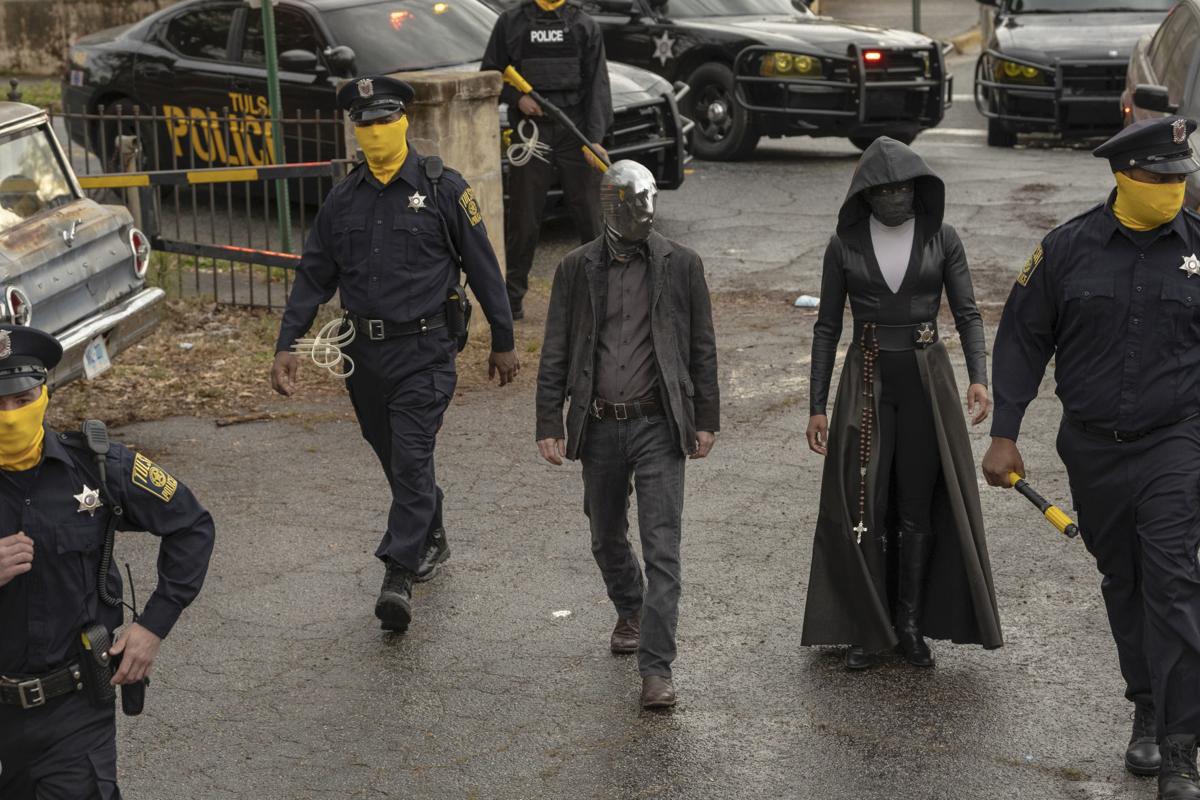
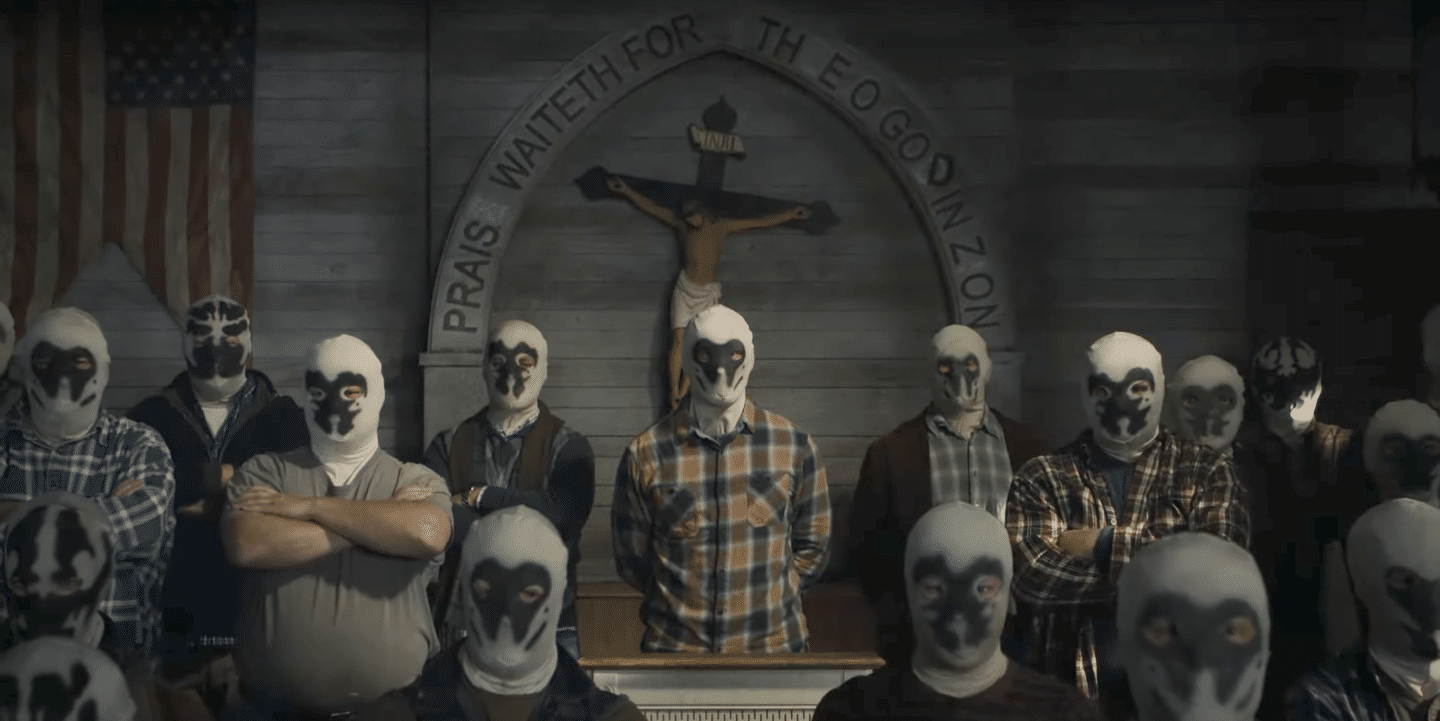
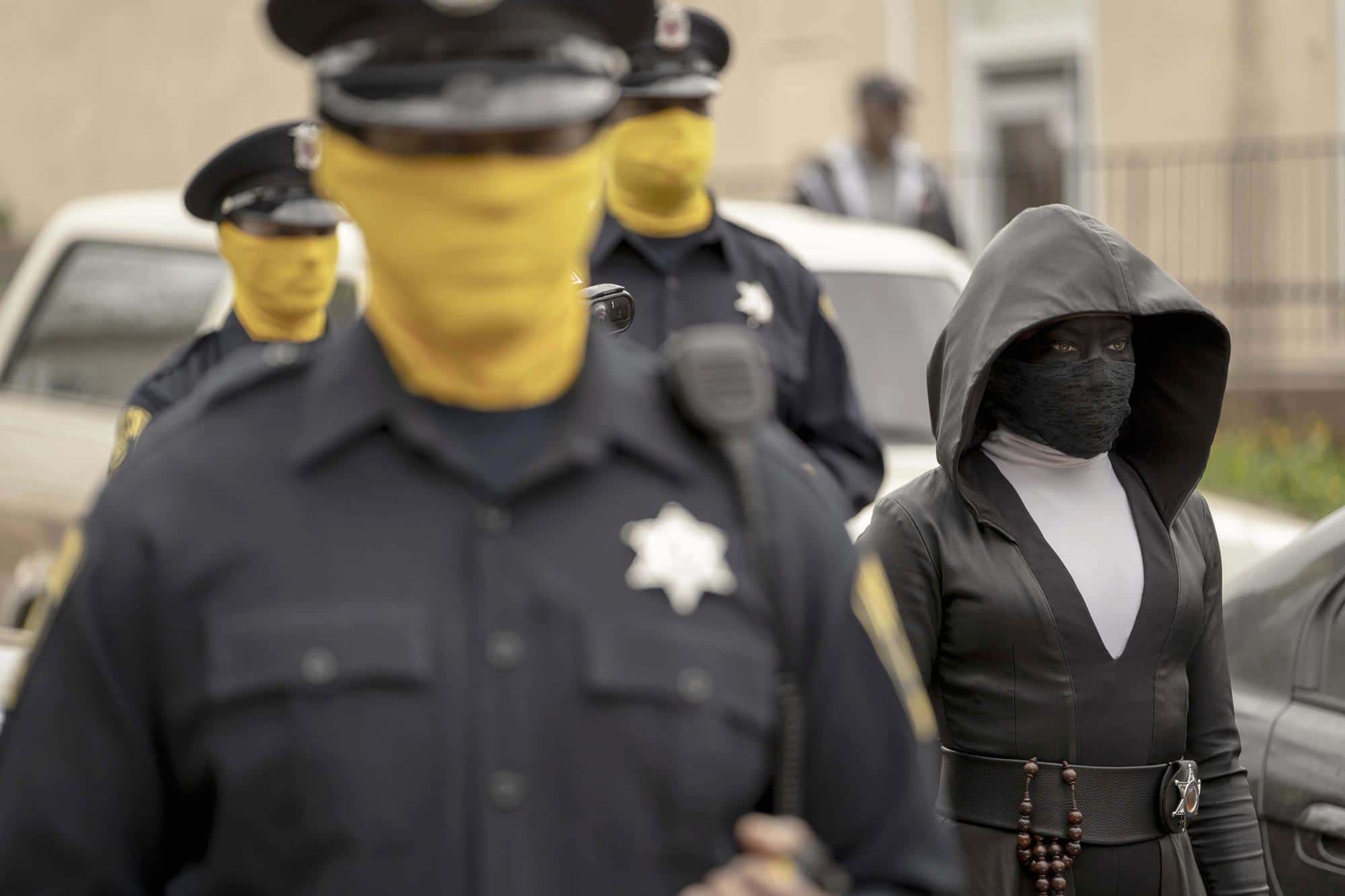
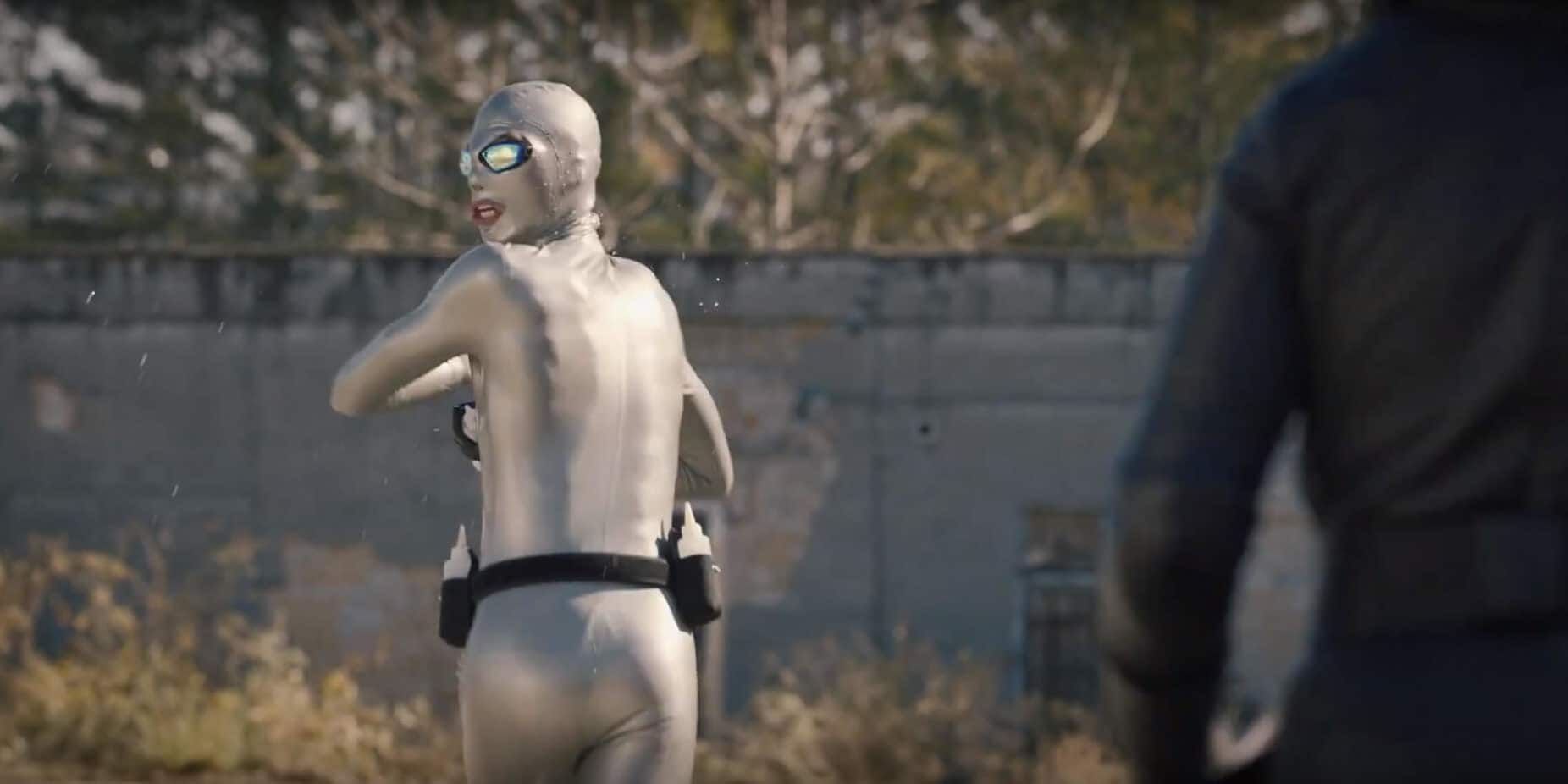
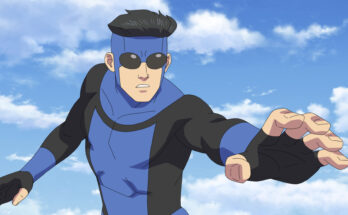


10 Comments on “DC FanDome: ‘Watchmen Unmasked’ Panel Coverage”